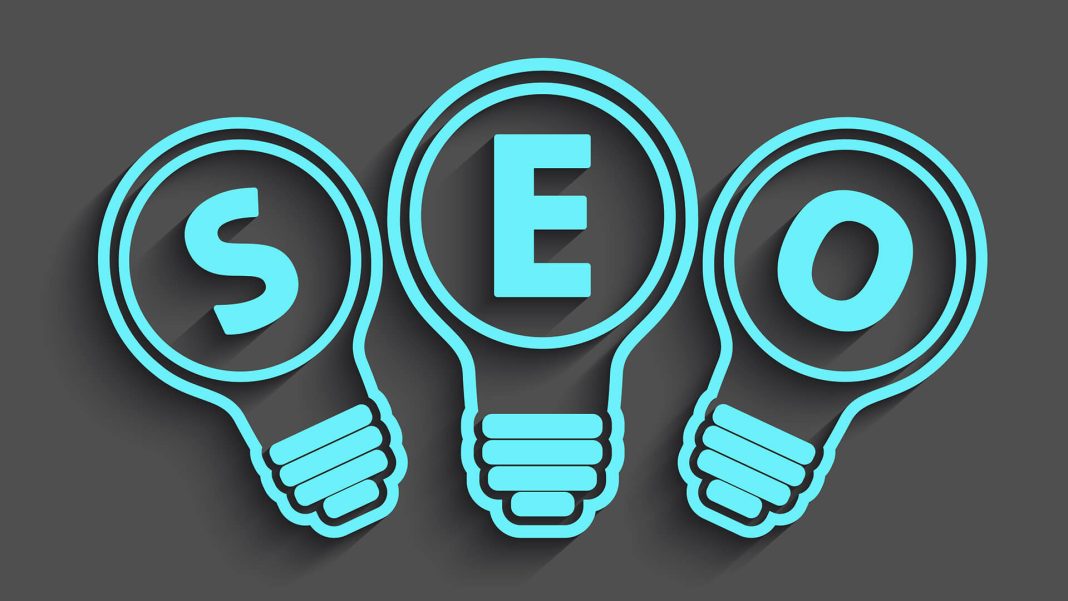Search engine optimization (SEO) is a powerful digital marketing tool that can help businesses achieve higher rankings and more visibility online. SEO is the practice of optimizing web pages to make them rank higher in search engine results, such as Google and Bing. SEO is an integral part of any business’s success in the digital world, as it can give organizations an edge over their competitors.
What is SEO?
Search engine optimization (SEO) is a critical component of digital marketing. SEO is the process of improving a website to increase visibility in search engine results and drive more organic traffic.
With SEO, businesses can have their content appear higher on search engine results pages (SERPs), making it easier for customers to find their products or services online.
On-Page SEO
On-Page SEO is a key component of understanding and utilizing search engine optimization (SEO) to increase the visibility of your website in search engine results.
It refers to any action taken on a website or its content that impacts how it appears in organic search results. On-Page SEO includes factors such as page titles, keywords, headings, meta descriptions and URL structure.
By optimizing these elements of your website you can ensure that it uses relevant keywords and phrases that will allow it to show up more prominently in search engine results pages (SERPs).
In order to get the most out of your On-Page SEO efforts, you need to be aware of best practices for each element.
Page titles should be concise yet descriptive and include targeted keywords where appropriate. You can take advantage of the SEO service of our experts as well.
Off-Page SEO
Off-Page SEO is an integral part of any successful Search Engine Optimization (SEO) strategy. Off-page SEO refers to the activities that take place outside of a website in order to improve its rankings in search engine results. This can include link building, social media marketing, and content marketing.
Through off-page SEO activities, you can increase the visibility of your website and build trust with potential customers. This can be done by creating high-quality content that appeals to people’s interests and linking back to your site.
You can also share content on social media platforms such as Facebook or Twitter which helps spread awareness about your brand and leads users back to your site.
Technical SEO
Technical SEO is an important component of search engine optimization (SEO) that focuses on the underlying structure and code of your website. It involves optimizing various elements of your website, such as coding, navigation, content delivery, page speed and security to help you rank higher in search engine results pages.
Everyone from small businesses to big enterprises can benefit from technical SEO – it’s essential for any business looking to optimize its web presence. Technical SEO helps you improve your organic search visibility by ensuring that search engines can crawl, index and understand your website’s content effectively.
By doing so, you can maximize the potential benefits of good organic rankings as well as create a better user experience for visitors. Technical SEO requires expertise in topics such as HTML markup structure, site architecture and URL formats. Our web designer also can help you in technical SEO.
Measuring Results
When it comes to understanding search engine optimization (SEO) and how it works, measuring results is an essential part of the process. Measuring the success of your website’s SEO can be a challenge for many marketers and business owners. In order to know whether you are making any progress or not, you must have an effective way to measure the results of your efforts.
The first step in measuring results is determining what metrics need to be tracked. This could include organic search rankings, the number of website visits, conversions from organic traffic, and other factors related to SEO.
Once you determine what needs to be measured, you can create specific goals for each metric so that it’s easier for you to determine whether or not your SEO campaign was successful.
Conclusion
In conclusion, SEO is an incredibly powerful tool for businesses of any size and industry. It can significantly increase website traffic and visibility, making it easier for customers to find the products and services they need.
Utilizing effective strategies such as using relevant keywords, creating quality content, optimizing page titles and descriptions, building backlinks, and keeping up with current trends are all essential components of a successful SEO strategy.
When used correctly, SEO can lead to higher rankings in search engine results pages (SERPs), increased organic traffic to your website, more leads or sales conversions, brand recognition and ultimately more revenue.
With so many potential benefits that SEO offers businesses today, it’s no wonder why integrating it into your marketing plan is so important. Investing time in understanding how SEO works could be the key to taking your business to the next level.

